Lebanon’s Hezbollah plays ‘pivotal’ role in resolving regional challenges: Analyst
Lebanon’s Hezbollah resistance movement plays an "active and pivotal role" in resolving the challenges in the West Asia region, a Lebanese analyst says, adding that a recent meeting between the top Russian diplomat and a delegation of high-ranking Hezbollah figures shows that Moscow has come to understand that the popular organization should be viewed as an "independent power."
Nasser Qandil, a well-known journalist and editor with the Lebanese newspaper Al-Binaa, made the remarks in an exclusive interview with Press TV on Tuesday, in which he described the meeting of Hezbollah representatives with Russian Foreign Minister Sergei Lavrov beyond the issue of forming a government in the Arab country.
Lavrov received a day earlier a delegation of high-ranking Hezbollah figures led by Mohammad Raad, the head of the Loyalty to the Resistance Bloc — the political wing of Hezbollah — and media reports indicated that the two sides had held “open and friendly” talks.
Stressing that the meeting was different from Moscow's previous ones with Hezbollah as it was the first since the new US administration took office, Qandil told Press TV that the meeting was held at Moscow’s request and it showed Russia has come to understand that Hezbollah should be seen as “an independent power.”
“The meeting goes beyond assessing Hezbollah's field role and tactical plans in the Syrian crisis, especially in the battles of Aleppo and Russian air support,” the political analyst said. “Russian leaders have concluded that Hezbollah is not merely a military and ideological power, but it is a power with political, strategic and ethical insights that can have a realistic reading of developments and changes.”
Qandil also noted that Russia, with Hezbollah delegation's visit to Russia, seeks to make it clear to Washington and Tel Aviv that its relationship with Hezbollah is not a bargaining chip.
During his exclusive interview with Press TV, the Lebanese analyst underlined that, “Hezbollah, in Russia's eyes, has the pragmatic power to devise appropriate tactics because it recognizes the camps of enemies and allies.”
Qandil also said that Russia seeks to make it clear to Hezbollah and its Syrian and Iranian allies that it will not clinch a deal with the United States on regional issues without considering them.
“Moscow and its allies believe that they will not reach a strategic compromise with the new US administration, and if there is some compromise, it would be based on a background of strategic hostility,” he said.
Hezbollah was established following the 1982 Israeli invasion and occupation of southern Lebanon. Since then, the popular resistance movement has grown into a powerful military force.
During the 2000 and 2006 Israeli wars on Lebanon, battleground contribution by Hezbollah proved an indispensable asset, forcing the Israeli military into a retreat and shattering the myth of the occupying entity’s invincibility.
Moreover, Hezbollah has played a critical role in the Syrian military’s counter-terrorism operations over the past years with the aim of preventing the spillover of the Syria crisis into Lebanon.
The US has labeled the entire Hezbollah a terrorist organization and levied several rounds of sanctions on the Lebanese resistance movement as well as its top officials.
Unlike the Western countries, Russia does not consider Hezbollah a terrorist organization.
US threatens ICC sanctions over Trump investigations
Fuel-smuggling ship seized in Persian Gulf waters
UN warns Gaza children at risk from unexploded Israeli bombs
Israel not willing to implement ceasefire deal: Hamas official
Houthi: Israel has killed thousands of Muslim women in Palestine
UNIFIL says Israeli forces fired on peacekeepers in Lebanon
US set to demand five-years of social media data from all foreign visitors
VIDEO | IRGC carries out large-scale cloud seeding operation


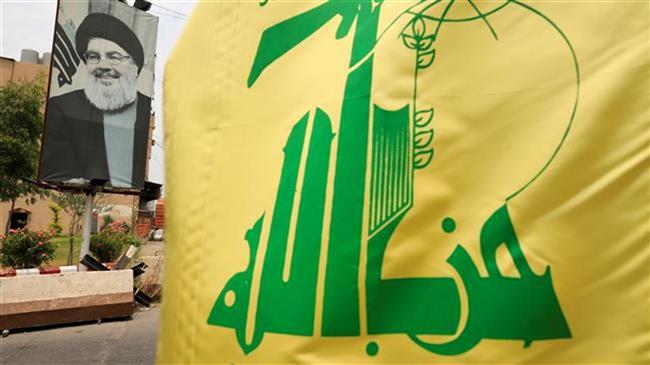


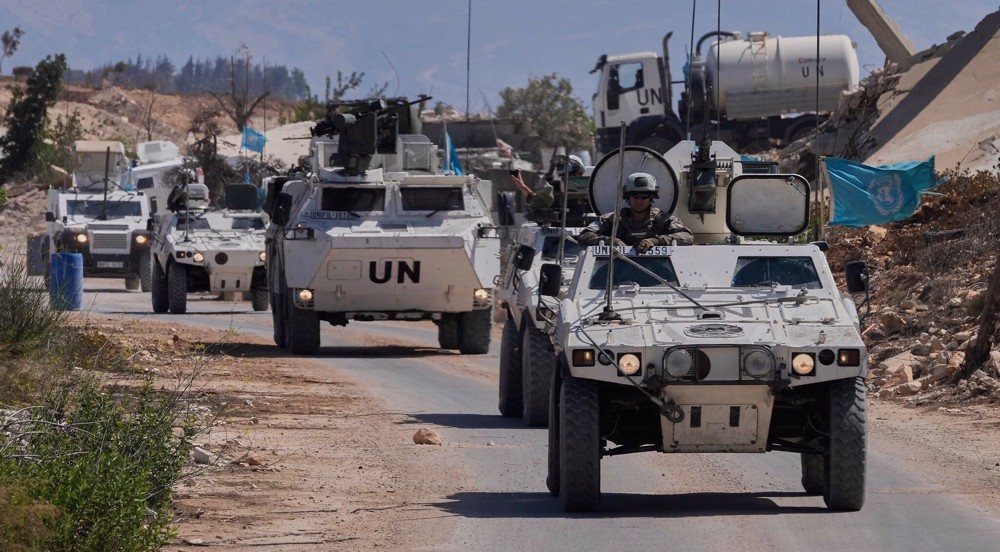
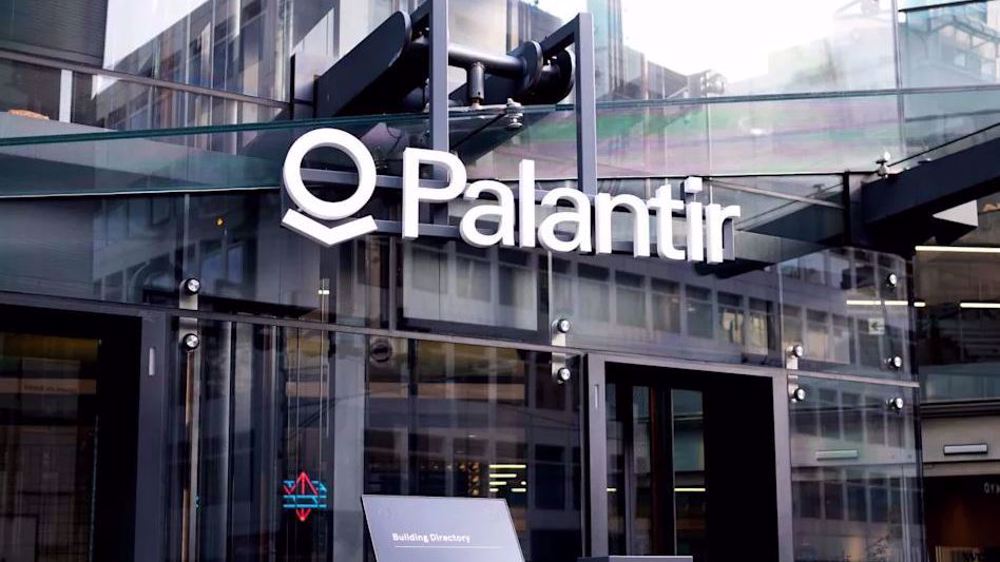
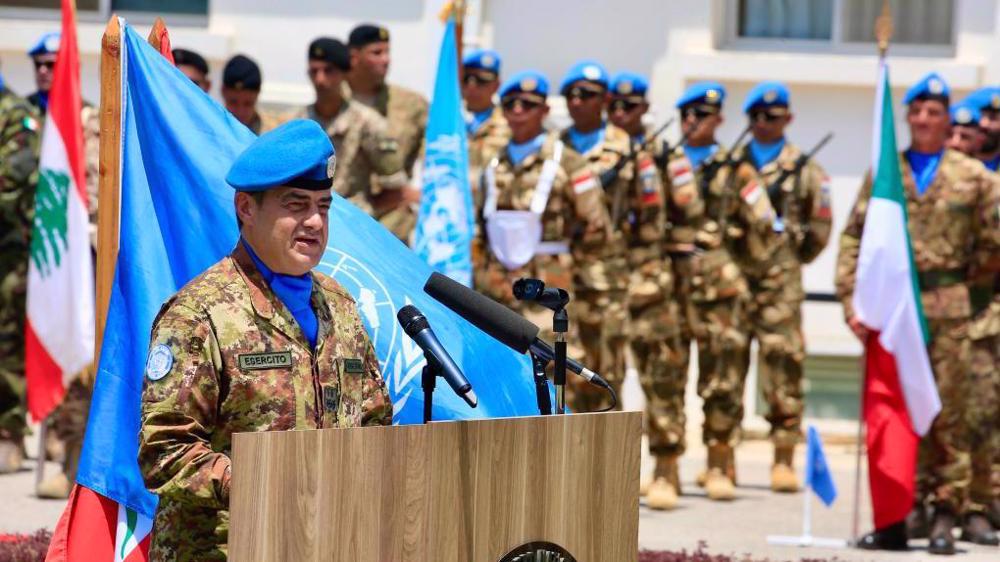



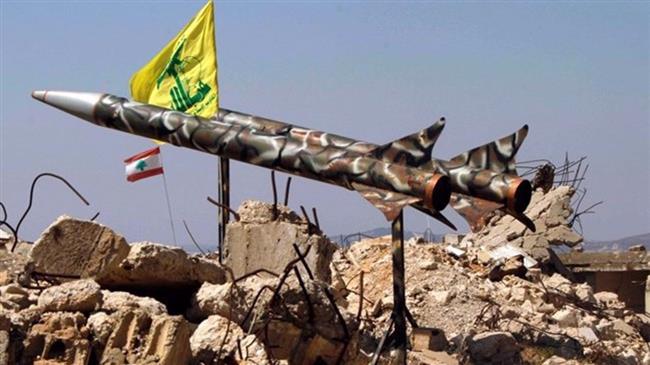





 This makes it easy to access the Press TV website
This makes it easy to access the Press TV website